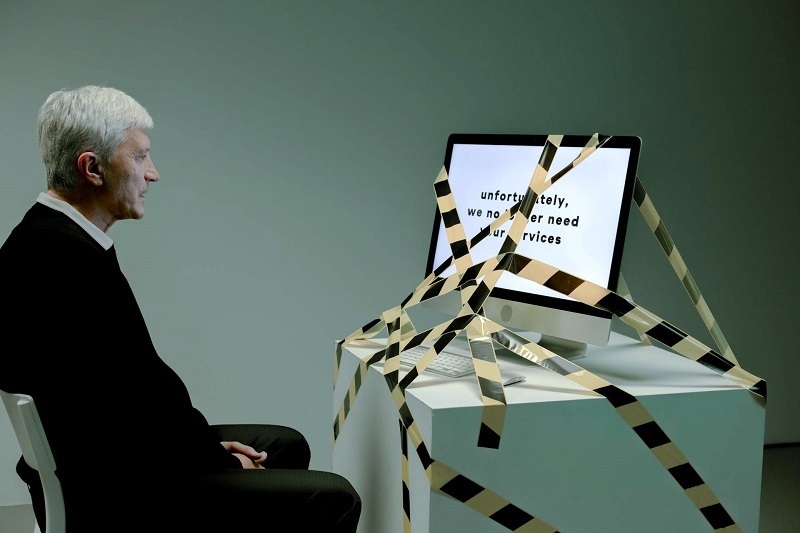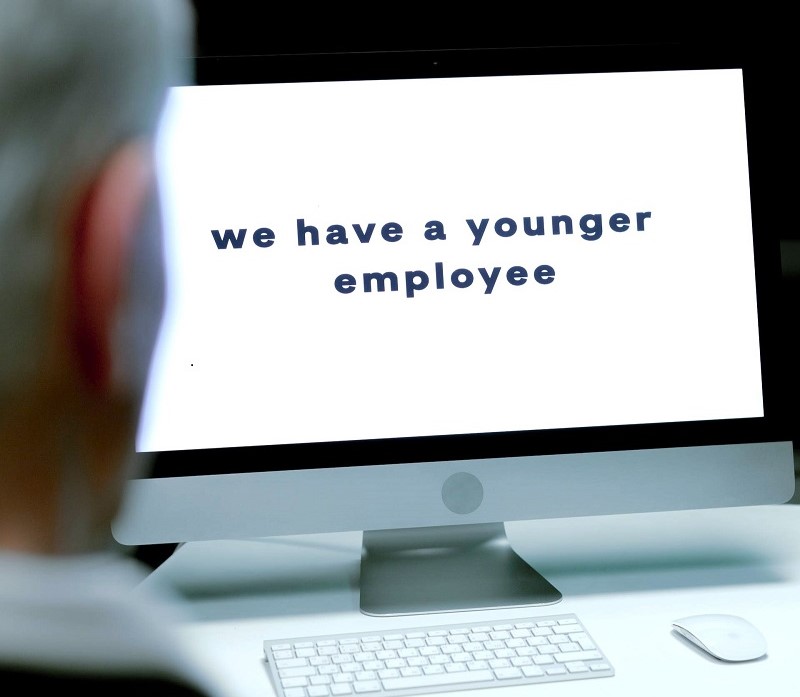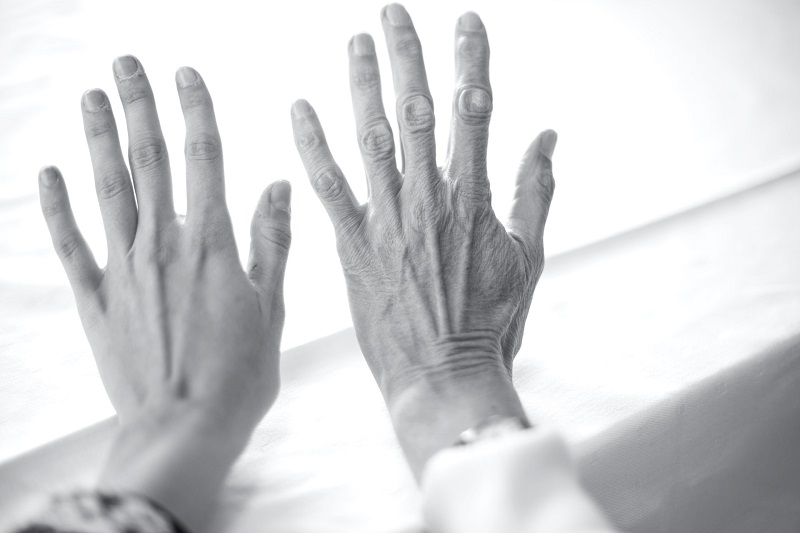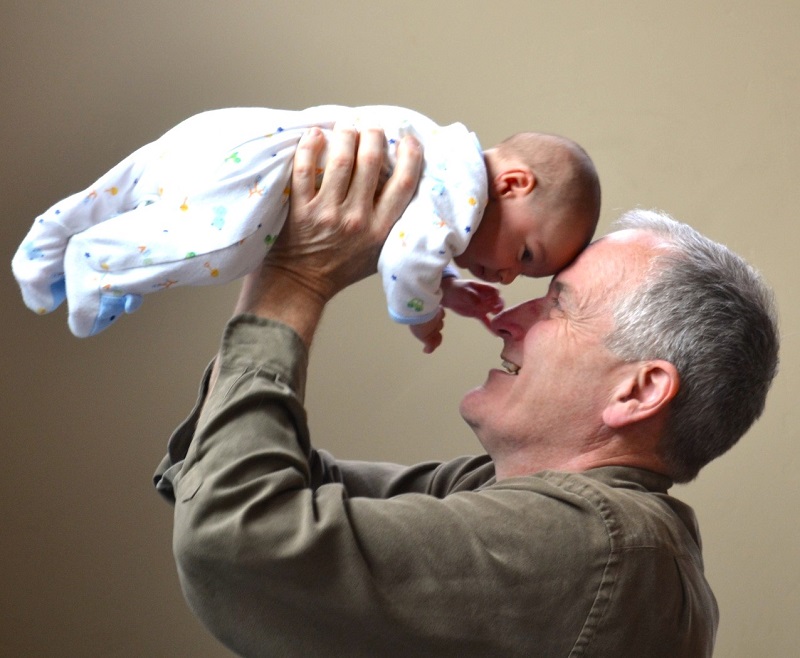Age discrimination is a silent, stubborn, cruel prejudice, especially when levelled against older people. Like all other prejudices, the widespread age bias against senior citizens is rooted in the idea that people who are somehow different are also somehow less, and therefore inferior.
Age discrimination against seniors is particularly objectionable because the older people who are subjected to it had – at some point – been as young as those who are criticizing them.
Those who believe older individuals are inferior simply due to their age will eventually age themselves if they live long enough. They are essentially on the path to becoming seniors.
Contents
Prefer to listen rather than read?

What is Age Discrimination?
Age discrimination, or ‘ageism,’ against older individuals is a pervasive issue that is challenging to address due to its socially acceptable nature. This systemic problem often goes unnoticed or is dismissed as a norm in society, making it difficult to identify and combat effectively.
Ever noticed how some people get treated differently just because they’re older? That’s age discrimination, and it’s not cool. It happens when people stereotype or judge others based on age, especially when they’re older. Ageism sneaks into our everyday lives because it’s been around for so long, hiding in our beliefs and attitudes.
You see it in the supposedly tongue-in-cheek humour of birthday greeting cards for older people. You see it in blatantly-labelled “anti-aging” face creams and hair products to conceal grey hair in beauty boutiques – products that are frequently, and ironically, marketed for older women.
Subtle as the discrimination might be in these small instances, both the discriminatory atittude and the message conveyed are clear: To be old is to be irrelevant.
What has turned this shift particularly bitter for older generations is that the discrimination is explicit. Data from a 2017 study out of the University of Michigan indicates that younger people do not even bother to conceal it.
UN High Commissioner for Human Rights, Michelle Bachelet, aged 72, highlights that stereotypes arising from ageism and discrimination are not only counterproductive but also potentially harmful.
Yet age discrimination has become so ingrained in modern culture and society that even seniors have age discrimination issues against themselves. Bemoaning the annoyances of everyday life, it has become almost customary for older people to throw their hands out and declare, “I’m getting too old for this!”

Where Is Age Discrimination Coming From?
Understanding the roots of age discrimination is essential for combating it effectively. This form of discrimination can manifest in various environments, from the workplace to social settings, and understanding its origins can help us address it more effectively.
Cultural Stereotypes and Misconceptions
One of the primary sources of age discrimination stems from longstanding cultural stereotypes. Younger and older individuals may be pigeonholed into expected behaviors or abilities based merely on their age.
For example, older employees might be perceived as less adaptable or slower to embrace new technologies, while younger employees might be seen as lacking in experience or maturity. These stereotypes can influence hiring, promotion, and development opportunities within organizations.

Workplace Policies and Practices
Often, age discrimination arises from outdated workplace policies that haven’t evolved to accommodate the changing demographics of the workforce. Mandatory retirement ages, although increasingly uncommon, still exist in some sectors and can force out skilled and capable employees solely based on their age.
Similarly, recruitment practices that subtly favor younger candidates, such as targeting job ads on platforms predominantly used by younger people, can also perpetuate age biases.
Economic Factors
Economic pressures can also drive age discrimination. In times of economic downturn, older employees may be targeted for layoffs because they typically have higher salaries or more substantial benefits packages. Conversely, hiring managers may favor younger employees under the assumption that they require lower starting salaries, viewing them as more cost-effective hires.
How is Age Discrimination Affecting Older People?
Age discrimination, while often underreported and unnoticed, has a profound effect on older individuals in the workforce. Recent research by SHRM (Society for Human Resource Management) in 2023 highlights that nearly one-third of U.S. workers have felt unfairly treated at work due to their age.
Such experiences not only undermine professional confidence but also foster a workplace environment that could prompt older employees to consider leaving their jobs prematurely. This trend is particularly concerning in today’s economic climate where many are opting to delay retirement, thus contributing to a multi-generational workforce.
Ensuring that workplaces value and integrate employees of all ages is crucial for fostering inclusive and supportive work environments.

Depression and Thoughts of Suicide
Becca Levy, a professor of epidemiology at the Yale School of Public Health, conceptualized and led the massive endeavour. She had been studying the issue of age discrimination – which is also called ageism – at an individual level for years but wanted to learn more.
“We found evidence of ageism in every country we looked at, every year we looked at, and in every health domain we looked at,” says Levy. “The pervasiveness of it I found disturbing.”
In 85 percent of the papers included in the study, researchers found evidence associating age discrimination in instances where older people were restricted access to – or even denied – necessary healthcare treatments.
In 95 percent of the research reports, researchers presented convincing evidence to show that ageism has detrimental effects on the mental well-being of seniors.
In fact, the studies demonstrated a consistent pattern year after year: ageism contributed to an increase in depressive symptoms over time among older individuals. The impact was particularly apparent in psychiatric issues like depression and thoughts of suicide.

5 Ways to Counteract Age Discrimination
Not all the findings of the Yale study conveyed bad news. Levy and her colleagues also found some evidence suggesting that countering ageism helped to reverse many of the harmful consequences of age discrimination.
The researchers noted that the studies suggest that a more positive perception of old age helped seniors experience less anxiety and suicidal thoughts.
The collective data also suggests that improving education for healthcare providers about age-based bias could mitigate some of the negative health effects of age discrimination against older people.
“To combat ageism, we must shift our mindsets and challenge the narrative of older people as frail, dependent and vulnerable,” says Commissioner Bachelet.
Given that general goal, below are 5 ways to counter age discrimination against seniors.
1. Build Strong Intergenerational Bonds
Building connections between different generations can be a powerful way to combat age discrimination. It is essential to engage in face-to-face interactions with individuals from various age groups to foster understanding and empathy.
By actively participating in conversations with family members and members of your local community who may belong to different generations, you can break down stereotypes and help others see beyond their preconceived notions. When you engage in intergenerational dialogue, you have the opportunity to learn about the opinions and values of younger people while sharing your own experiences and viewpoints.
This kind of exchange can lead to a deeper appreciation of each other’s perspectives and values. For example, younger generations may offer insights into the latest trends and technologies, while older individuals can provide wisdom and guidance based on their life experiences.
Moreover, building connections across generations can reveal similarities in beliefs and lifestyles, as well as highlight differences in attitudes toward technology and other societal issues.
By keeping an open mind during these conversations, you can gain a broader understanding of the diverse perspectives that exist within different age groups. Ultimately, fostering connections between generations is not only beneficial for combating age discrimination but also for promoting mutual respect and understanding among people of all ages.
By actively engaging in intergenerational interactions, you can contribute to creating a more inclusive and harmonious society where individuals are valued for their unique experiences and perspectives.

2. Take on a Mentoring Role
Devote yourself to the mentoring role by participating in mentorship programs and online mentorship services. Share your skills, education, experience, and knowledge with younger individuals.
This act of passing on wisdom and guidance will not only benefit the young but also help you establish a sense of purpose and fulfillment, which ultimately helps you build your personal resilience.
Establishing a meaningful connection with younger individuals can create a more inclusive environment, as well.
Your connection will demonstrate the value of diverse perspectives and experiences and prove that age need not prevent young and old from learning from each other.

3. Address Discriminatory Remarks When and Where You Encounter Them
Age discrimination against older people is a pervasive issue that can have serious consequences on individuals’ mental and emotional well-being. By actively challenging stereotypes related to age, we can help combat this harmful behaviour.
One way to do this is by speaking up when we hear someone making derogatory comments about older individuals. By not letting these remarks go unchallenged, we can help educate others about the harmful effects of ageism and promote a more inclusive and respectful society.
You can counter stereotypes by calmly educating the biased. If someone says old people cannot learn new things, tell them how learning new things keeps you sharp and clever.
If a work colleague suggests that older people are technologically inept, point out how older adults use technology every day, whether to stay connected through social media, by mastering smartphones, or by using technology at work.
Furthermore, it is essential to advocate for policies and laws that protect older individuals from discrimination in the workplace, healthcare, and other areas of life. By supporting legislation that prohibits age-based discrimination and promotes equal opportunities for older people, we can create a more just and equitable society for all generations.
Be calm. Don’t be hostile or combative. You can play a vital role in shifting perceptions by reminding friends and family that older individuals lead vibrant, active, and fulfilling lives.

4. Defy Stereotypes Associated with Old Age by Being More Pro-Active
Challenging age-related stereotypes goes beyond speaking out against them. You should also strive to demonstrate a different message through your actions.
Strive to maintain your independence across various aspects of life. This could mean organizing outings or activities with close friends, engaging in hobbies that bring you joy and fulfilment, and making decisions that build your sense of autonomy.
Enrich your social connections by organizing regular gatherings, whether it’s meeting up at a local coffee shop or planning trips with your closest friends.
Defy the stereotype that older adults should lead sedentary lives by embracing active hobbies. Activities like gardening, camping, biking, or swimming not only keep you physically active but also promote mental well-being by providing a sense of purpose and fulfilment.

5. Focus on the Positive
Shifting your mindset away from negative beliefs about ageing becomes challenging when you concentrate on what you’ve lost rather than what you’ve gained. To combat these negative perceptions, focus on the positive.
For example, instead of dwelling on what you might perceive as losses due to aging, make a conscious effort to acknowledge and appreciate the advantages that come with getting older.
Have you become more assertive, decisive, and patient? Have you learned how to handle stressful situations better? Reflect on the skills you’ve learned and mastered over time.

It’s Never Too Late to Start
We began by saying that age discrimination against older people is a stubborn prejudice. It is stubborn because it is hardwired into – and deeply embedded in – our new youth-worshipping culture.
What makes age discrimination against older people an alluring stance for so many of the young and successful is that it helps them diminish a troubling reality with a soothing fantasy. As they say, a sweet lie is better than a painful truth.
Age discrimination helps the prejudiced young to forget taht they will one day become old, too. Plain and simple.
Still, changing harmful biases against older people is going to be a long process. But in the US, at least, it’s starting to produce small but meaningful results.
Seniors should challenge, defy, and overcome age discrimination in others whenever they see it. More importantly, they need to try to get rid of their own self-defeating notions against old age. No, you’re never too old to try.
What do you think?



